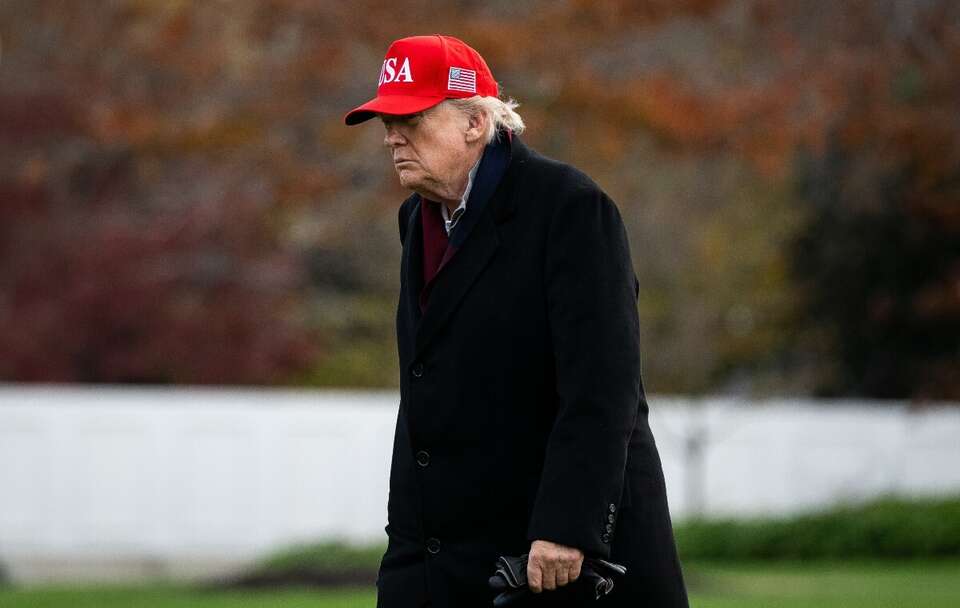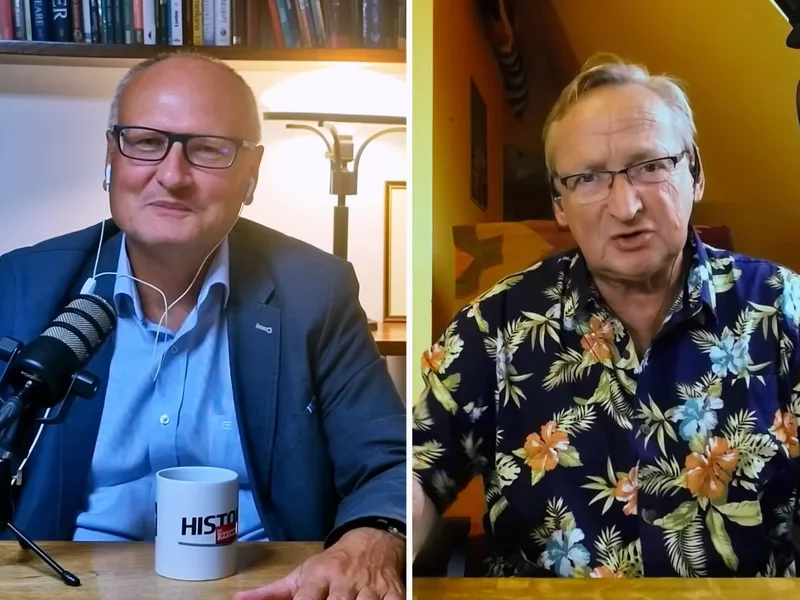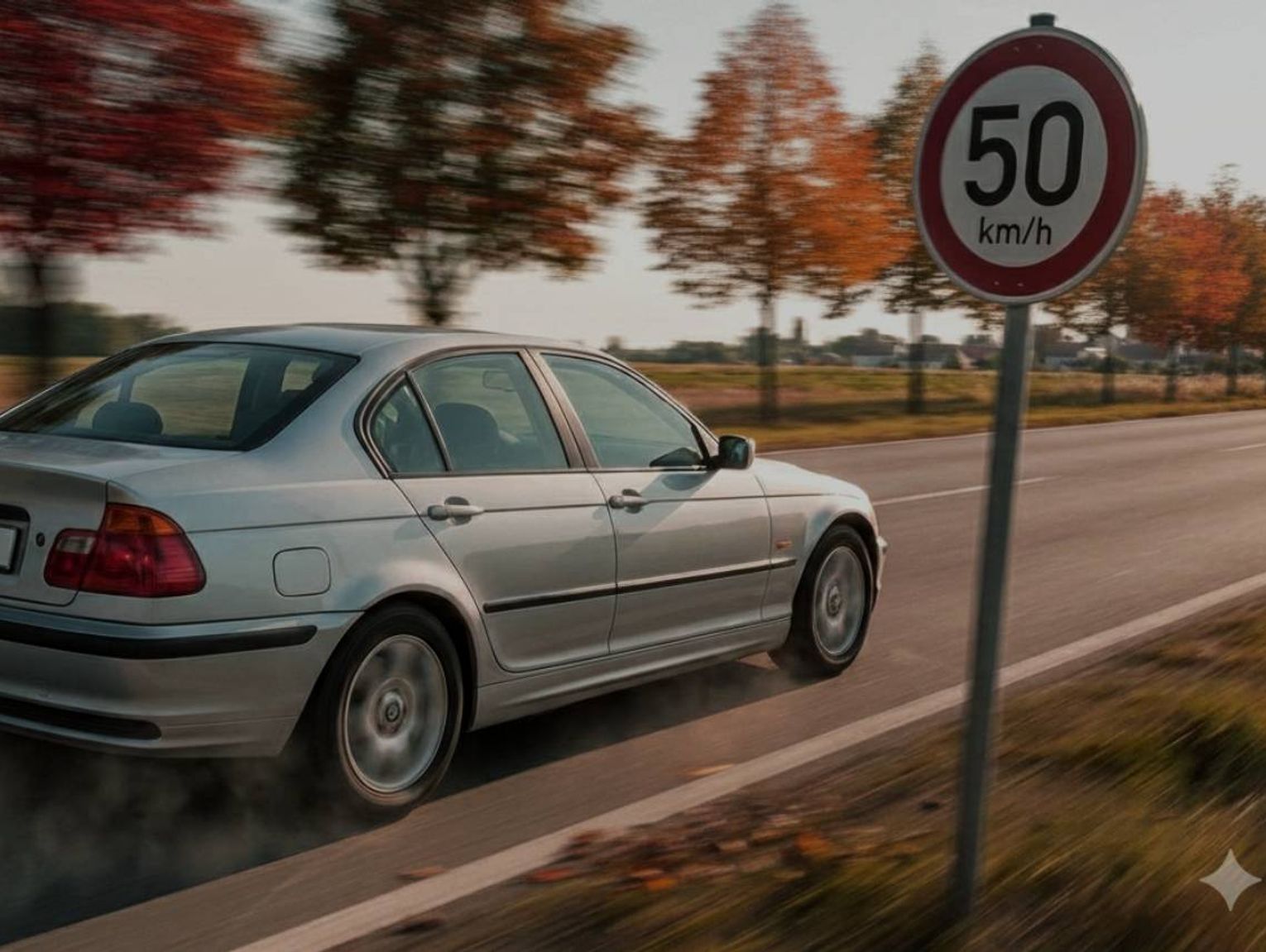
Remaking K–12 Classes For A Healthier America
Authored by David Mansdoerfer via The Epoch Times,
America’s kids are navigating a health crisis, and our outdated K–12 health classes aren’t helping.
With childhood obesity at 20 percent, teen mental health issues doubling, and chronic diseases looming, the current curriculum—think food pyramids, anti-drug lectures, and awkward sex-ed—is woefully inadequate.
It’s time to transform these classes with a Make America Healthy Again (MAHA) approach, empowering students with practical, science-based tools for lifelong wellness.

Nutrition education needs a complete overhaul. Ditch memorizing calorie counts for hands-on lessons in reading labels, spotting hidden sugars, and cooking affordable, nutrient-dense meals. Schools could partner with local farmers or chefs to make it fun, showing kids that real food isn’t just for influencers. Imagine middle schoolers mastering a stir-fry or high schoolers debating ultra-processed foods’ impact on their bodies. These skills build confidence and independence, setting kids up to make smarter choices in a world of fast-food traps.
Mental health demands equal focus. Anxiety and depression rates among teens have surged, yet coping strategies are rarely taught. A MAHA curriculum would introduce age-appropriate mindfulness, stress management, and sleep science. Elementary students could practice breathing exercises; high schoolers could explore how social media algorithms hijack their attention. Teaching kids to set tech boundaries isn’t coddling—it’s equipping them for a digital world where mental resilience is non-negotiable.
Physical activity must evolve beyond dodgeball and humiliating fitness tests. Only 24 percent of kids meet daily exercise guidelines. Health classes should inspire movement through yoga, strength training, or outdoor challenges. Schools could use wearable tech to gamify fitness, rewarding effort over athletic talent. The aim? Make exercise a joy, not a chore, fostering habits that stick into adulthood.
Prevention ties it all together. Kids need to grasp how lifestyle shapes their future, from cutting diabetes risk to boosting heart health. Lessons could use real data—like how 10,000 steps a day lowers disease risk—or feature doctors sharing relatable stories. This isn’t about scaring kids; it’s about showing they hold the reins.
Skeptics might call this overhaul costly or unrealistic, but poor childhood health habits fuel billions in healthcare costs annually. MAHA classes are an investment, like building roads—do it right, and the benefits compound. Start with pilot programs, retrain teachers, and tap community resources. This isn’t partisan—it’s common sense. Every parent wants their kid to thrive. By remaking health classes, we give students the tools to build healthier bodies, minds, and futures.
Let’s stop lecturing kids on health and start teaching them how to live it.
Views expressed in this article are opinions of the author and do not necessarily reflect the views of The Epoch Times or ZeroHedge.
Tyler Durden
Tue, 06/03/2025 – 17:40

 5 miesięcy temu
5 miesięcy temu










